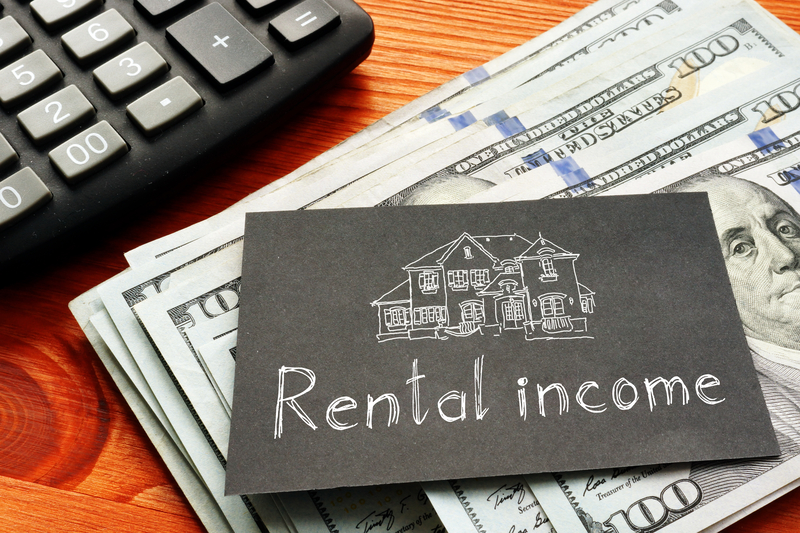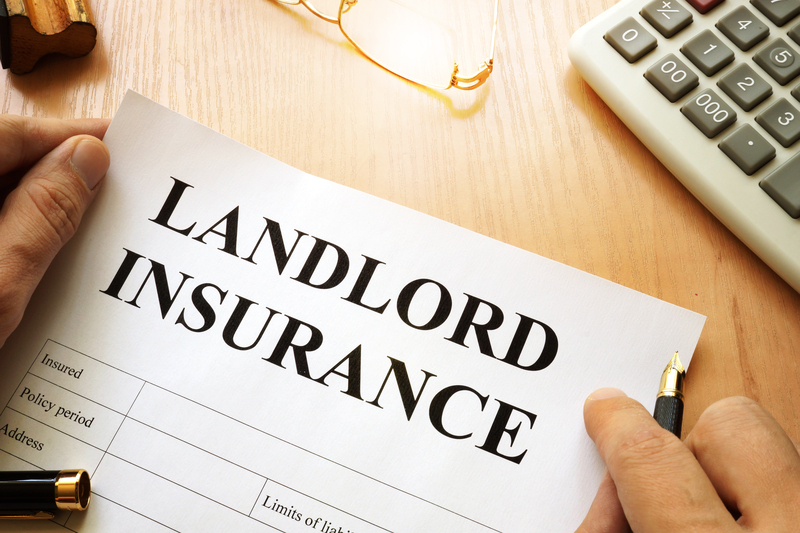In the realm of property rentals, one essential safeguard that every landlord should not overlook is landlord insurance. It's alarmingly common for landlords to undervalue the significance of this specialized form of insurance, despite its importance in risk management.
I. Understanding Landlord Insurance
In its most basic terms, landlord insurance refers to a special type of insurance designed for individuals who own and manage rental properties. This insurance features two primary forms of protection: coverage for property damage and liability coverage. Like other insurance types, landlord insurance aims to mitigate financial losses, providing a safety net for property owners.
II. Unveiling the Advantages of Landlord Insurance
While purchasing landlord insurance isn't legally required, its acquisition is highly recommended for an array of reasons. The most comprehensive landlord insurance plans provide the following benefits:
1. Assisting with Property Damage Costs

Landlord insurance typically includes coverage for both the dwelling and ancillary structures. 'Dwelling' refers to the rented property, whether an apartment, house, or condominium. In parallel, coverage also extends to separate structures such as detached garages, sheds, or fences. If these structures incur damage due to covered perils, landlord insurance aids in covering repair costs.
2. Funding Repairs for Personal Property Used for Rental Purposes
It's not unusual for landlords to leave personal property at the rental site for the use of tenants, like gardening equipment, for instance. If these items sustain damage, landlord insurance can help cover repair costs. However, this coverage does not extend to personal items unrelated to rental service.
3. Safeguarding Rental Income

Sometimes, a rental property may suffer extensive damage, rendering it uninhabitable. Such an event can result in significant income loss for the landlord. Landlord insurance can bridge this gap by temporarily covering the rental income that would have been earned if the property was in a livable condition.
4. Providing Liability Coverage
Landlords may also face liability claims. For example, if a tenant or guest sustains an injury due to damaged stairs, landlord insurance can cover medical costs and potentially even legal fees if the injured party decides to sue.
5. Offering Protection Against Vandalism
Graffiti and similar forms of vandalism can detract from the rental property's appeal, potentially dissuading prospective tenants. With landlord insurance, you can have the cost of repairs covered. It's important to note that coverage for vandalism is often an additional option and is not included in most standard policies.
6. Ensuring Protection Against Burglary

Considering the high incidence of burglary, it's crucial to have safeguards in place. Burglary protection is an additional coverage that is not typically included in standard policies. This coverage reimburses for any stolen items belonging to the landlord that are kept in the rental property.
7. Helping Comply With Building Codes
In cases where a covered peril causes property damage, compliance with updated building codes during repair may be required. These updates can increase repair costs, which can be offset by landlord insurance.
III. Landlord Insurance vs. Homeowners Insurance
Many landlords erroneously believe that homeowners insurance provides adequate financial protection. However, homeowners insurance is not designed for rental properties, and will not offer coverage if the entire property is rented out.
One key difference between these two types of insurance lies in the liability coverage. Landlord insurance offers protection if a tenant or guest gets injured on the property, while homeowners insurance only covers the homeowner and their relatives.
IV. The Cost of Landlord Insurance
Landlord insurance typically comes with a higher price tag than homeowners insurance, albeit not by a significant margin. More importantly, considering that the two types of insurance serve different purposes, the insurer may not even honor a claim for a rented property filed under a homeowner's insurance policy.
Landlord insurance costs about 15% more than homeowners insurance on an annual basis, translating to an average of approximately $1,481 per year. It's advisable to obtain landlord insurance quotes from various providers for comparison.
V. The Role of a Property Management Company in Landlord Insurance
Managing a rental property can pose several challenges. Many landlords, either due to time constraints, lack of expertise, or simple disinterest, opt to engage a property management company to oversee operations.
However, even when employing a property management company, landlords must still secure appropriate insurance, as the company's insurance typically won't extend to the landlord. Nevertheless, landlords can seek advice from their property management company regarding suitable coverage for their rental property.
VI. The Necessity of Landlord Insurance for Property Owners
Every property owner must take the necessary precautions to safeguard their assets and financial interests. For landlords, this means securing a comprehensive landlord insurance policy.
If you need advice on insurance or are seeking professional help in property management, consider reaching out to a reputable property management company in your area. They can provide you with insights to help make informed decisions regarding your rental property.
If you’d like to talk more about property management, or you need help with Everest Property Management, please contact us at Everest Realty.




 As a top producing Realtor and Property Manager; Terry specializes in sales, extensive construction homes, rentals, REO’s, short sales, and all aspects of Real Estate. After graduating the University of Michigan with a master in MBA, Terry continued his endeavor and now has over 15+ years of experience in the Real Estate world. If there is anything that has to do with Real Estate and sales, you can always be sure of Terry to provide important, specialized knowledge.
As a top producing Realtor and Property Manager; Terry specializes in sales, extensive construction homes, rentals, REO’s, short sales, and all aspects of Real Estate. After graduating the University of Michigan with a master in MBA, Terry continued his endeavor and now has over 15+ years of experience in the Real Estate world. If there is anything that has to do with Real Estate and sales, you can always be sure of Terry to provide important, specialized knowledge.




